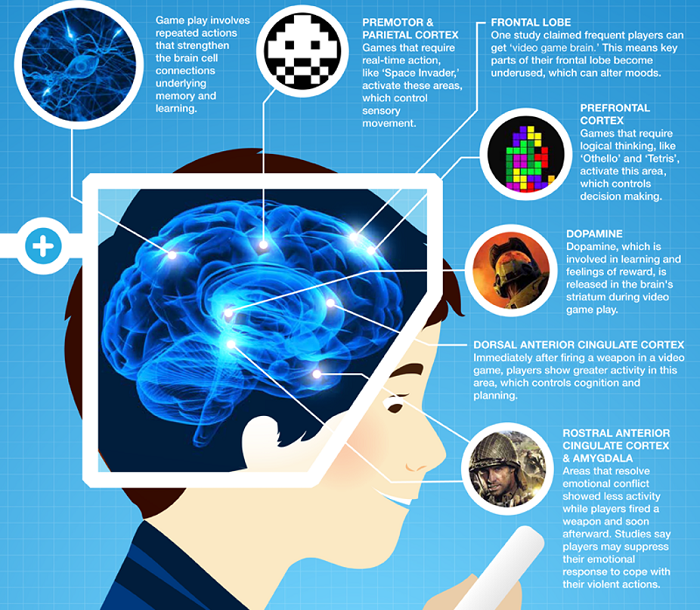The Good and the Bad: The Impact of Gaming on Mental and Physical Health

Gaming has become an increasingly popular form of entertainment in recent years, with millions of people worldwide spending hours immersed in various games. While gaming has numerous benefits, such as providing stress relief and cognitive stimulation, it can also have negative impacts on mental and physical health if not approached responsibly.
Positive impacts of gaming on mental health include stress relief, improved mood, and social connection. Gaming can also provide cognitive benefits, such as problem-solving and decision-making skills, and a sense of purpose and accomplishment. Additionally, gaming can be a creative outlet for players who may not have other ways to express themselves.
However, excessive gaming can lead to addiction, disrupted sleep patterns, and social isolation. Violent or intense games can also trigger aggression and anxiety in some players, leading to negative impacts on mental health.
Gaming can also impact physical health positively and negatively. On the one hand, gaming can be a sedentary activity that can lead to obesity and other health problems. On the other hand, fitness games and virtual reality games can provide an interactive and engaging way to get physical activity.
To enjoy the benefits of gaming while minimizing the potential negative impacts, moderation is key. It's essential to approach gaming in a healthy and responsible manner, such as setting limits on playing time, engaging in physical activity outside of gaming, and monitoring the games played.
In conclusion, gaming can have both positive and negative impacts on mental and physical health. By finding a balance between gaming and other physical and mental activities, players can enjoy the benefits of gaming while maintaining good physical and mental health.
